Company sustainability agendas are influencing the way 70% of fleet decision-makers acquire and operate their fleet, research by Europcar Mobility Group has found.
As part of its Fit for Purpose: Fleet management in a post-Covid world whitepaper, the company also found fleets expect petrol and diesel to account for less than half (48%) of their fleet in 12 months’ time.
Hybrid and electric vehicles are expected to make up 36% of the fleet, compared with 28% today.
Almost seven-in-10 (68%) need at least some of their fleet to enter ultra-low emission or clean air zones.
Europcar’s whitepaper also focused on the challenges faced by fleet decision-makers during the Covid-19 pandemic.
It found 75% of fleets had to review their acquisition policy in response to the pandemic, but one-in-three did not have the flexibility to change fleet size at short notice.
The research also discovered 62% of respondents had to extend existing lease contracts due to supply issues, and just over half (52%) planned to increase their fleet size in the next 12 months.
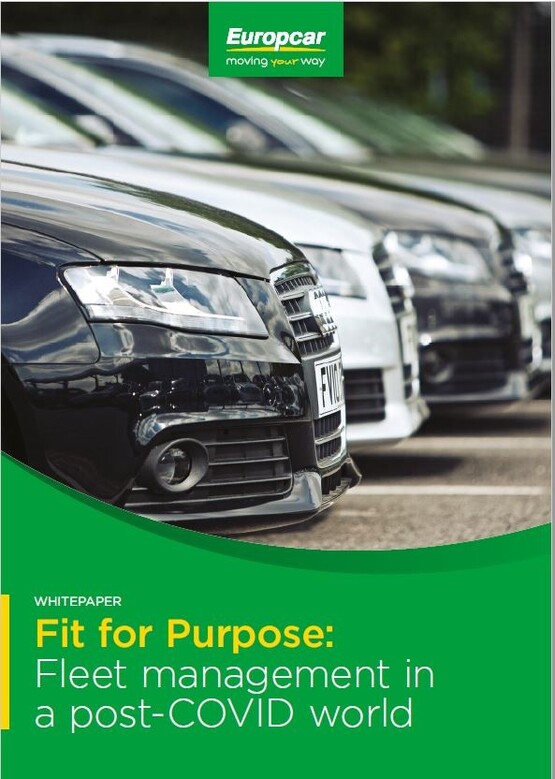
Ron Santiago, managing director of Europcar Mobility Group UK, said: “The consequences and subsequent adaptations that fleets had to make to their operations are here to stay and for organisations that rely on their vehicles for their business to grow, they will need to ensure that they have an added layer of flexibility..
“It is no longer prudent to tie up large amounts of cash in purchasing vehicles outright or to be locked into leasing agreements that don’t allow businesses to ‘upfleet’ or ‘downfleet’ quickly.
“Businesses that are agile and able to take advantage of new opportunities as they come along will be the ones that thrive in this new reality.
“Long-term rental can be a valuable addition to a fleet’s toolkit – offering low-emission, technologically up-to-date vehicles that contribute to the green agenda, as well as being a cost-effective way of managing and potential grey fleet issues.”
Other findings included fleets expect almost one-third (29%) of company car drivers opting for the cash allowance, choosing to drive their own car on the less frequent occasions when they are required to drive for business.
In December last year,

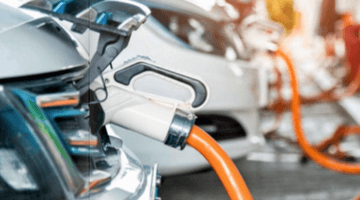



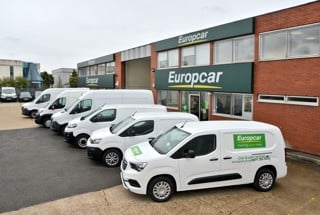

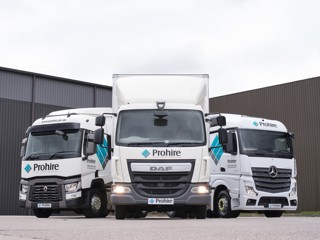
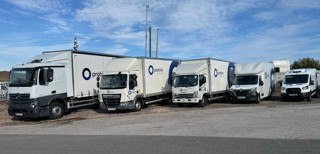












Login to comment
Comments
No comments have been made yet.